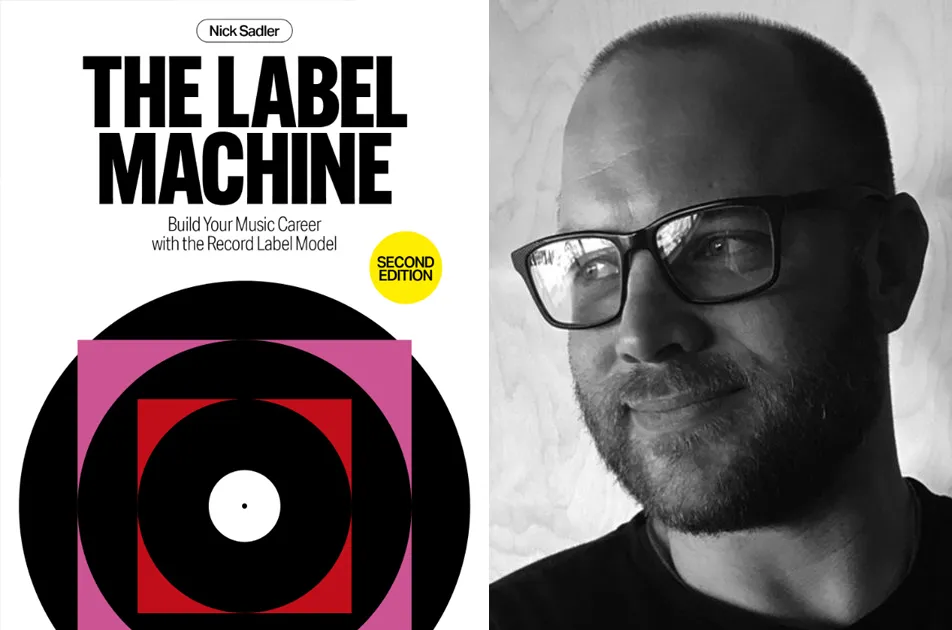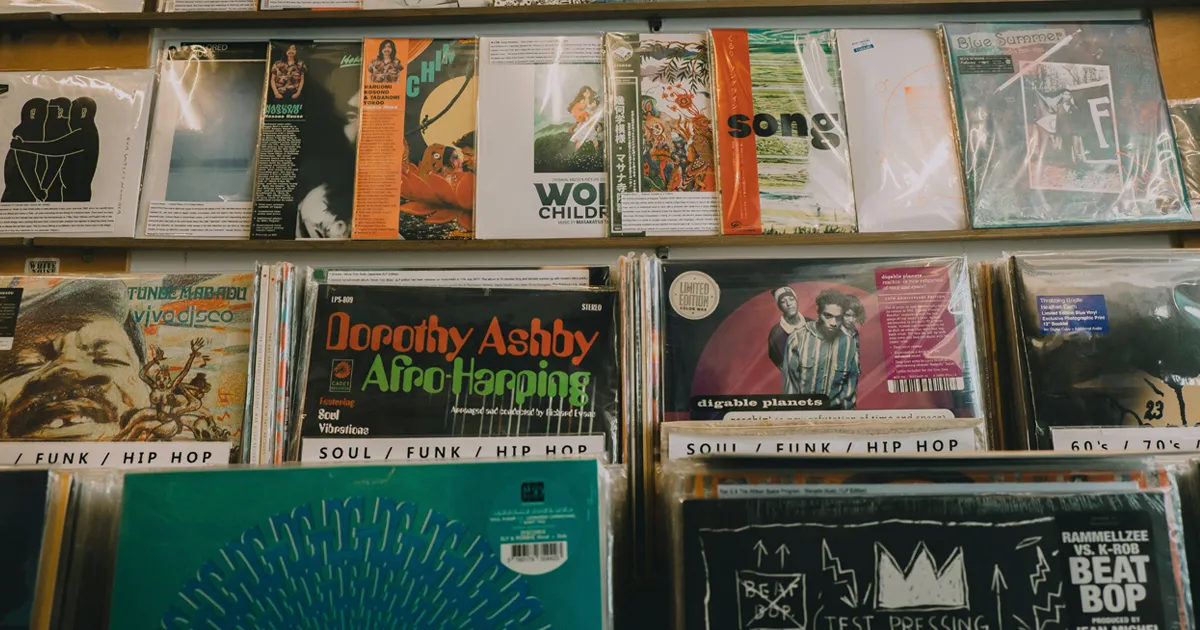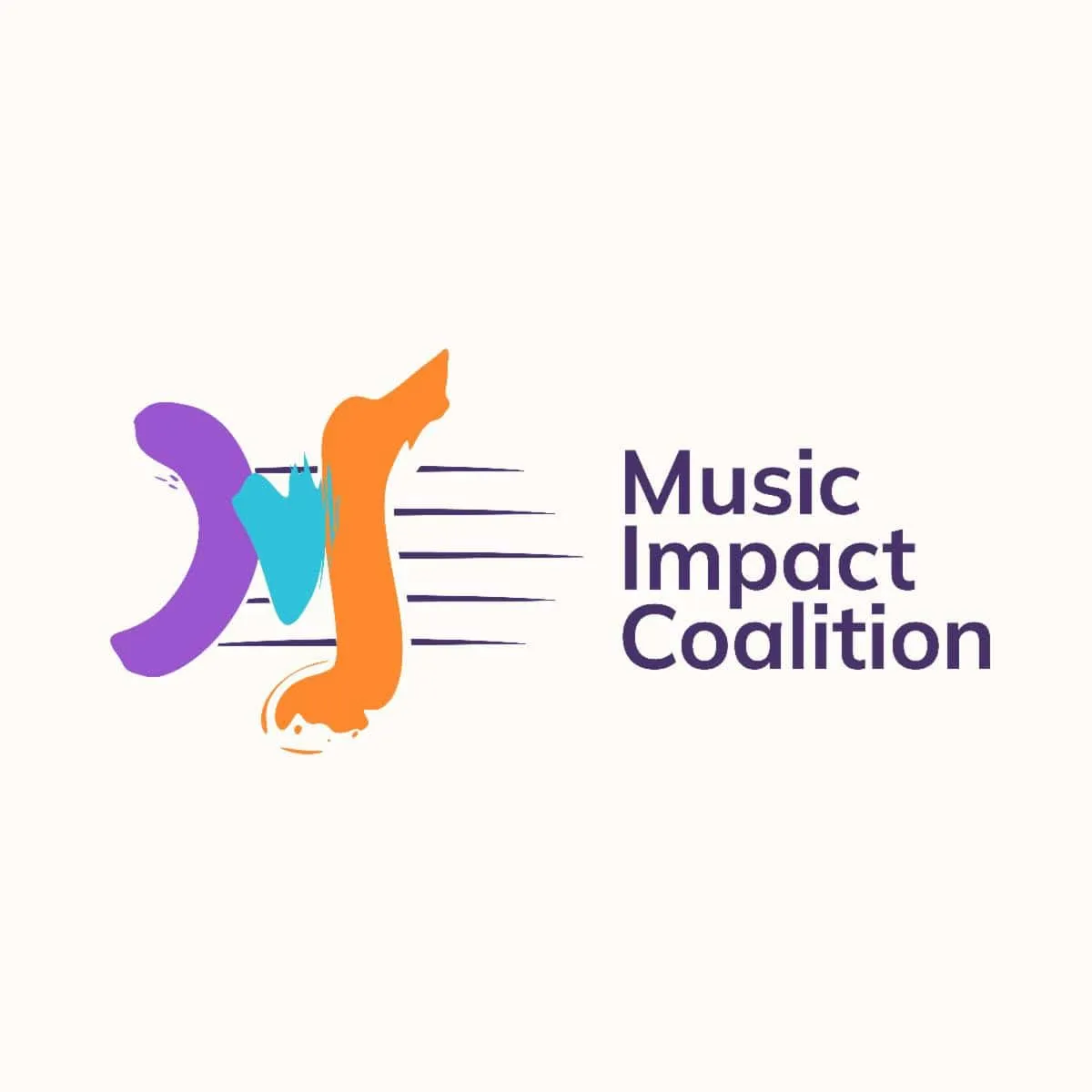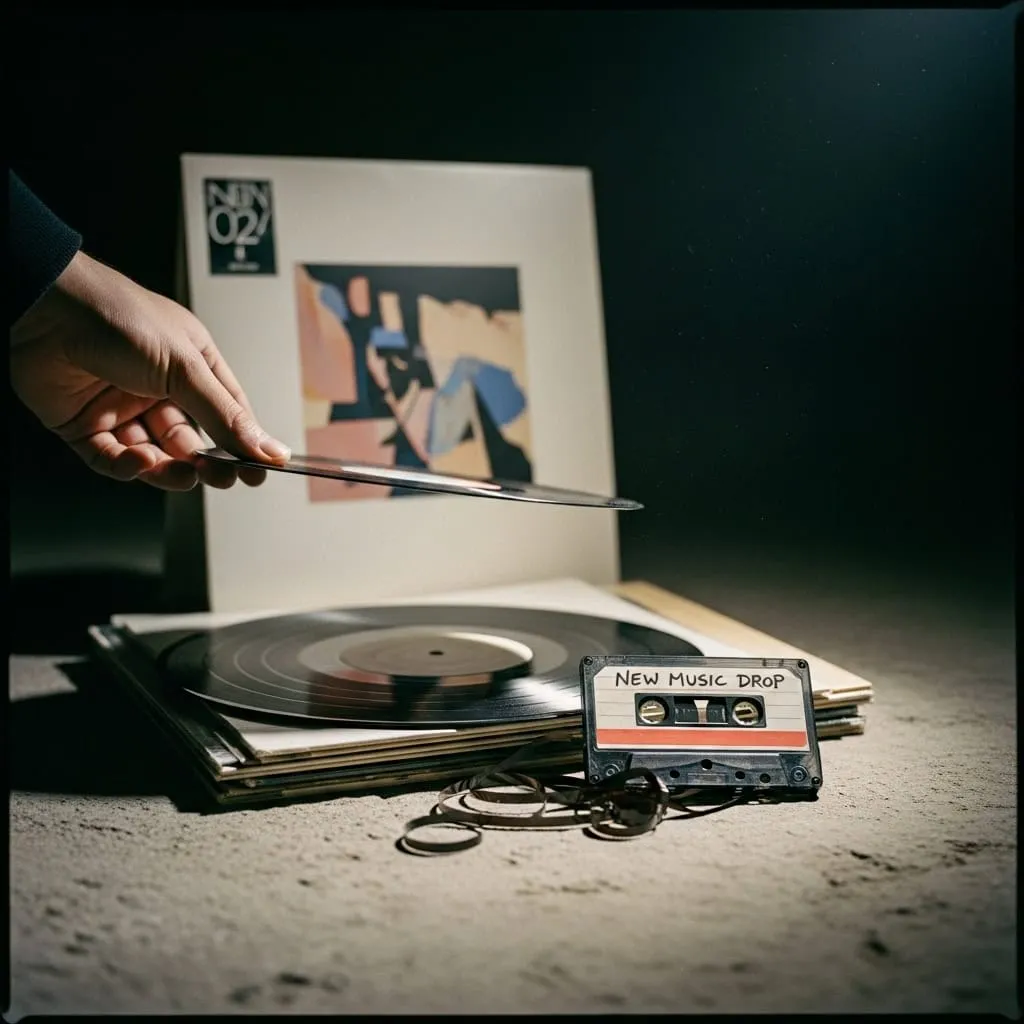
SoundExchange: You’re coming up on the 25-year anniversary of the label’s first album [For a Life of Sin: A Compilation of Insurgent Chicago Country in 1994]. How does that feel? It couldn’t have worked out any better.Miller: It absolutely could have worked out better! It could always be better, right? But apparently I have an unquenchable thirst for unpopular music. Plus, for all the artists we’ve signed and the successes, there’s an equally big list of artists we passed on who went on to be very, very successful. But it genuinely feels no less amazing now than it did when people asked me that question after five or 10 years. Our expectation of longevity was nonexistent when we started.Besides, it’s so much better than having a real job in the real world. To go into a job every day believing in what you do… I can’t imagine anything else.SoundExchange: You’ve signed Sarah Shook and the Disarmers, and they just came out with their new album [on April 6]. Sarah is getting a ton of positive press, and people love what she’s doing. You’ve got to be proud of them.Miller: That’s why you do this. There’s no other reason to do this. It’s certainly not the banker’s hours or the easy money. When you come across something that my rusty, tired, jaded old heart just completely flips over, to put it out there in the world and to have people respond to it… is still an unbelievable thrill. It’s also a humbling honor to have the band let us be a part of what they’re doing. And to have a team of people in our busy little hive who are willing to give their best in support of it all is just remarkable.SoundExchange: What big issues are you facing in the indie community?Miller: I think what we have to grapple with is educating our audience on the basic economics of the whole endeavor. As a culture, if music fans decide that the creative output of these artists has no value, then we’re screwed, the artists are screwed and, ultimately, the music fan is screwed, and there’s nothing we can do about that.Somehow, music has largely not benefitted monetarily from the explosion of creativity and freedom that came with the Internet and the dismantling of the top-down model of the music industry, where a few gatekeepers told the world what was popular.Somehow… music, as well as photography, writing and other creative content, has been drastically devalued. Technology has allowed people to be able to get it for free, so they will. The love of independent labels isn’t translating broadly, it isn’t a sole means to survivability. We have to explain the very real and direct relationship between a fair business model and the ability for artists existing on the fringes to keep making interesting music. And believe me, I did not get into this racket to think about, let alone stand on a soapbox about, economic models. It makes me want to put my head in a bucket.It’s like walking into a hip and snazzy new restaurant, having a $100 meal and saying, “I’ll give you $4 but I’m going to Instagram the meal.” Like that’s a reasonable tradeoff.SoundExchange: Do indie artists face those same hurdles?Miller: If Sarah Shook had the same amount of excitement around her 10 years ago – even six years ago – that she has today, there would be a few more zeroes attached to the sales figures.It’s hard for them to make a living at this. That compels the artist to be on the road even more. I’m just waiting to see the long-term downfall of a lot of bands burning out even sooner. The cycle of promotion has gone out the window. You’ve got to stay on the road all the time. You’ve got to stay out there all the time just to keep the gaping maw of the Internet constantly fed.Being an indie has never been easy, but now it’s not easy in new, interesting and, it seems, existentially dire ways.SoundExchange: What’s going right in the industry?Miller: There’s this amazing profusion of creativity and awareness of keeping local businesses afloat. There is a remarkably low barrier for entry into the field of battle (which, paradoxically, is also part of the problem), for people to get their ideas and their music out to a wider audience.When I first started I was doing a lot of tour managing and road managing, and we would go to all these towns and it was like the same town each time, just a different zip code. The mall mentality still had its aesthetic death grip on America. We went on one tour and in every city, it was like they were trying to get rid of their oversupply of Zima. Now everywhere you go there’s amazing beer and food places and cities have been revitalized with this indie spirit of community.SoundExchange: Indies are gaining market share. What accounts for that? Do you feel like indie labels have momentum?Miller: For so long there were just a few gatekeepers who had a pretty exclusive pipeline to the public’s ear and to the retail space. Now there are so many ways to get around that. Also, people generally are not label-cognizant. They’re just going after music they like, and now they can find it – regardless of “the label.”They can get access to all this music, rather than just the few titles they find at Target or Best Buy or wherever you buy physical products. With a few keystrokes you can wander down any musical hole.I don’t know that it’s so much that indies are rising, but it’s easier to find music. There’s no one stopping you from getting into the obscurity of Cambodian psychedelic music, whereas before you had to be a super nerd with a lot of time on your hands to go crate digging. Now it’s just right there.SoundExchange: Which bands helped Bloodshot get through the lean years?





